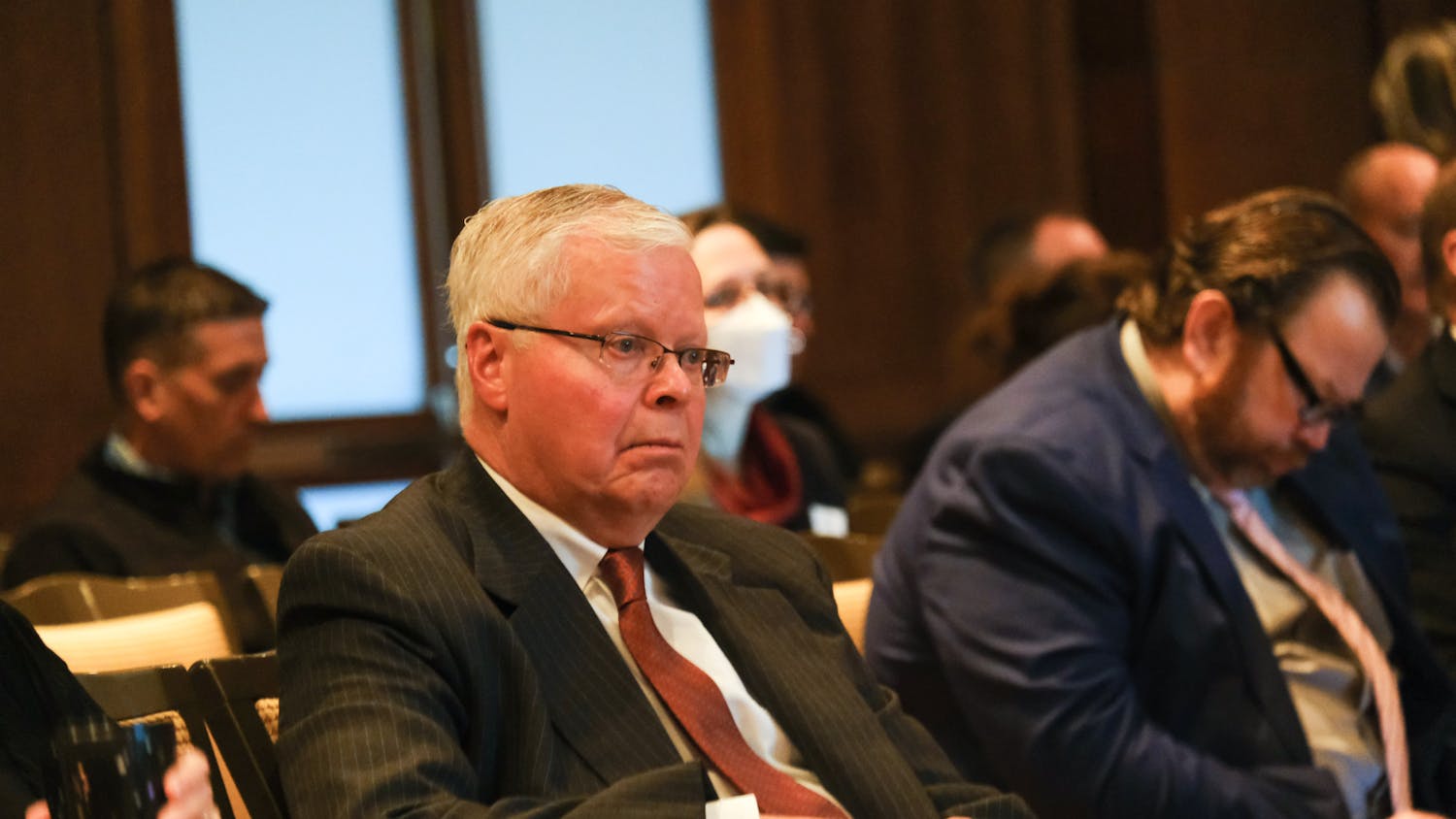Three UW-Madison undergraduates have attempted to uncover through research that standardized testing exemplifies systematic racism and makes it challenging for young black students to attend college.
UW-Madison juniors Tyriek Mack and Marquise Mays, along with sophomore Tashiana Lipscomb, presented their research on this topic through their project titled “Standardized Testing: The Social Warfare Against Black Men.” They traveled to Bermuda and shared their findings with other researchers, including numerous Ph.D. holders, at the International Colloquium on Black Males in Education in early October.
The group joined UW-Madison’s Chief Diversity Officer Patrick Sims to speak about black students and faculty as leaders on campus in a panel discussion called “Setting the Table for Sustained Engagement: Student Movements, Backlash Experiences and Interventions.” They explained their findings on the correlation of standardized testing and academic performance among black individuals in college.
The group compiled research to create a narrative for how standardized testing came to be and found that the tests corroborated white supremacist tendencies of the creators. They sent a survey to students which asked participants to report their high school and college GPAs, list scholarships they have, among other questions.
“We found from our data that there was no correlation between how well someone does in college compared to their standardized test score,” Mack said. “For us, that was very showing and telling of how these institutions give access to certain groups of people. I'd say that the biggest goal of our research is to challenge that.”
The group’s research, which is in the preliminary stages, aims to prove that high schools with predominantly black students do not receive the same preparation for standardized tests as their private, mostly white counterparts. They found that economic class of the schools and individuals plays a role in this as well; schools that are not well funded are commonly attended by black students. These students receive low test scores, which inhibits them from attending institutions such as UW-Madison.
Mack and Mays said they wanted to bring this topic to the attention of individuals at the colloquium to make academic institutions aware of the issue and hold them accountable.
“I feel like when people think of racism they think of it as discriminatory action and things that happen, like feelings and actual prejudice, more than an actual system,” Mays said. “At the end of the day, with standardized testing you are limiting the number of black people that can actually come to this school, that can benefit from these research opportunities.”
The group wants students to take action, educate themselves and speak up about this issue, especially those that are more privileged. They want people, particularly academic institutions, to acknowledge that standardized testing is racist.
“Our role on this campus is to be able to use this, standardized testing, as a way to challenge those people who are saying they aren’t racist to act,” Mack said. “And when they don’t I think it's clear that they are actually racist, because they continue to benefit from this institutional structure.”






